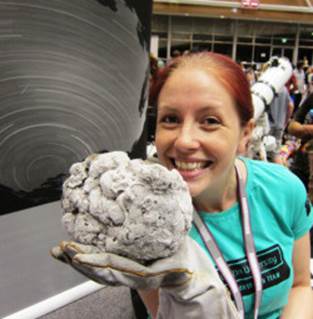Our Annual General Meeting will be held at 6pm on Thursday 14th November 2019 this year, at The Garden Leederville (742 Newcastle St, Leederville WA 6007). There will be food!
Please email ASC WA if you would like to:
- Nominate for a committee position
- Contribute ideas for events next year
- Have any points for general discussion you would like to raise
Committee member positions are president, treasurer, secretary, student representative, National Committee representative, and general committee member.
Current committee members are:
- Miriam Sullivan (President)
- Cass Rowles (Treasurer)
- Sharnii Austin (Secretary)
- Tammy Pinkerton (Social Media)
- Teresa Belcher (General Committee & WA Rep)
- Heather Bray (General Committee)
You must be a paid member in order to vote, but everyone is welcome to come and catch up and contribute ideas. If you are a paid member and can’t attend, please email us or give a friend your proxy vote so that we can meet quorum!
Download your proxy vote forms; word doc or PDF. Fill them in and either send them with a member to vote on your behalf or email to a member of the committee (asc.events.wa@gmail.com) who will vote on your behalf.
Facebook event for any discussions you’d like to have pre-meeting.


